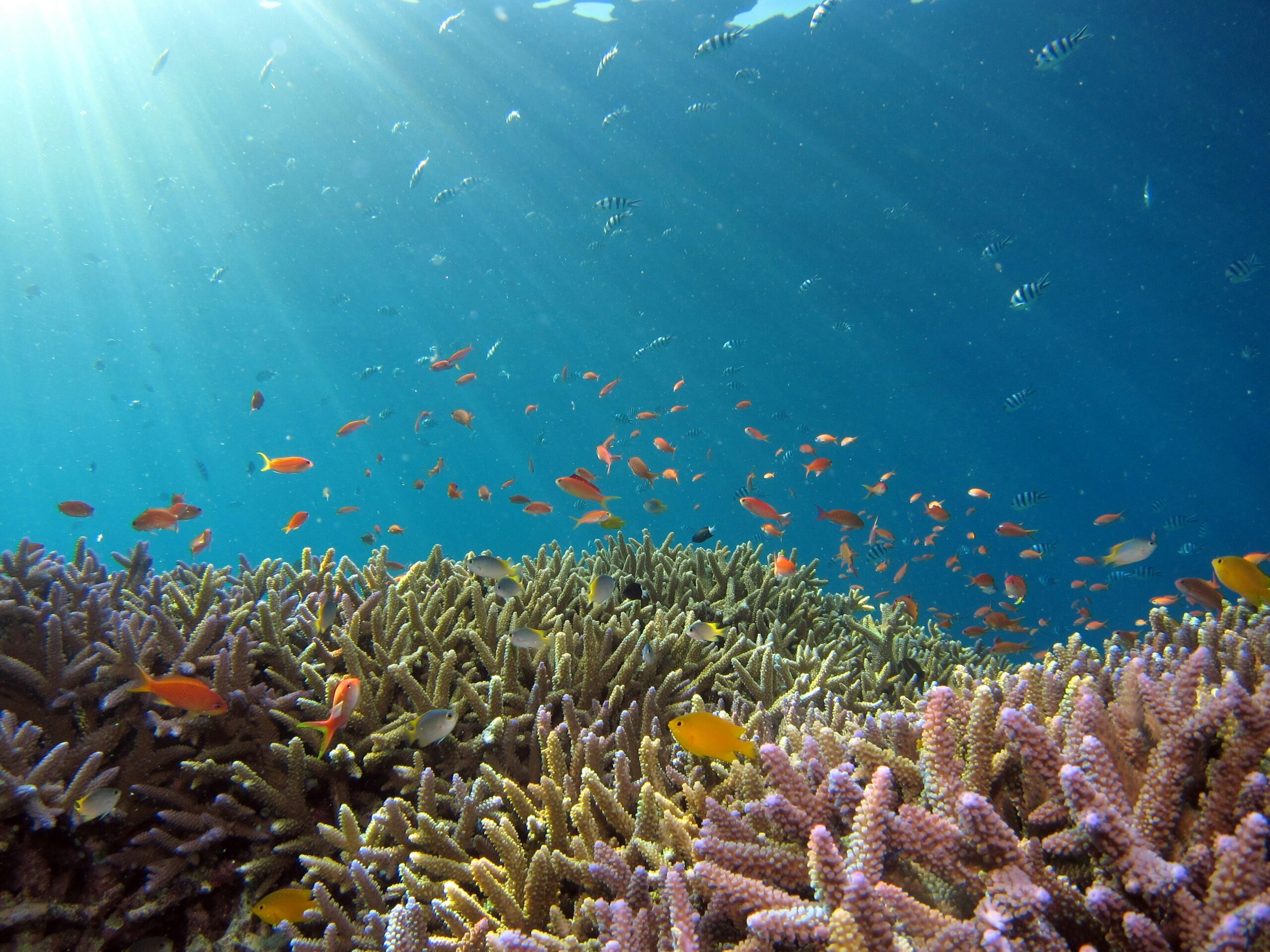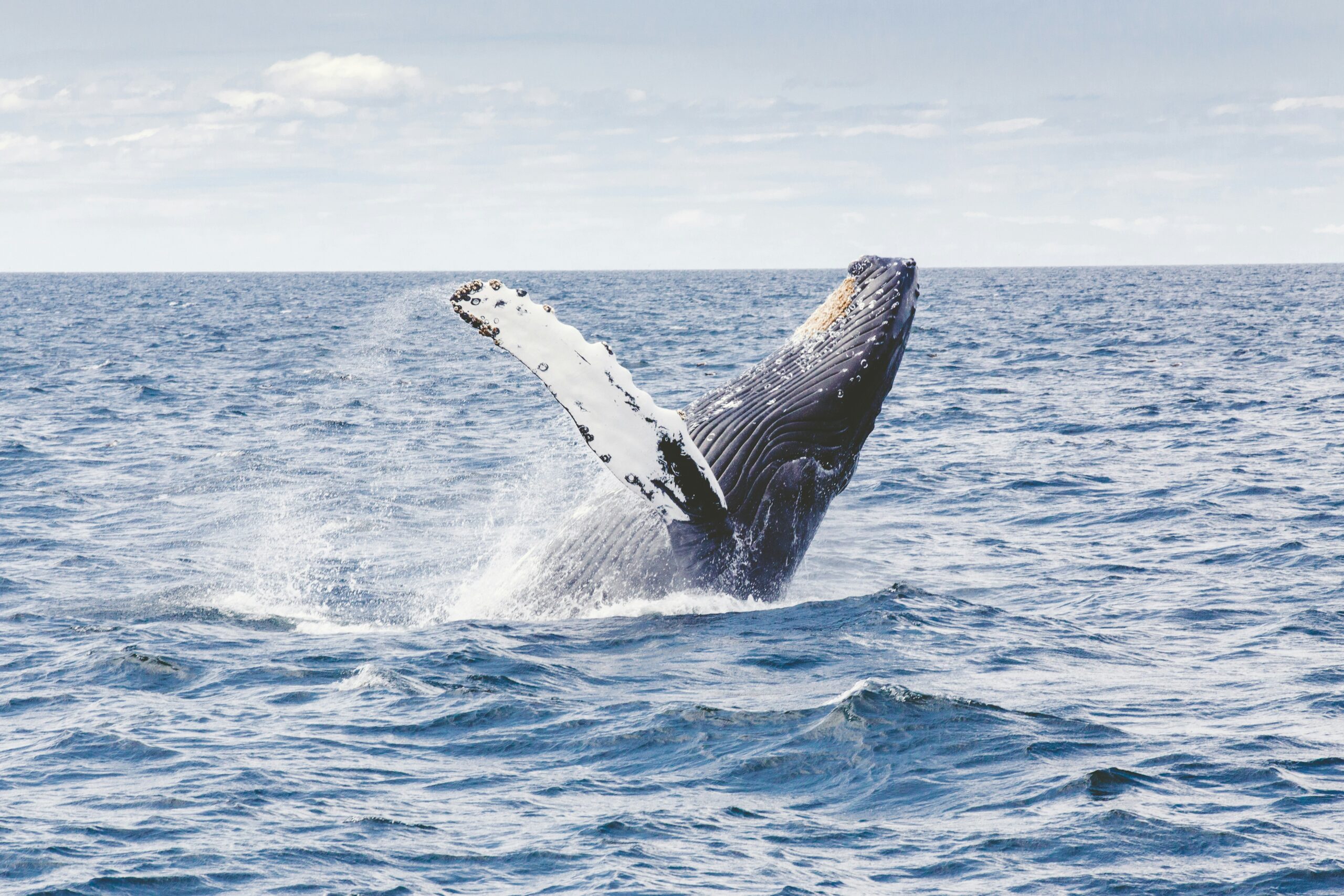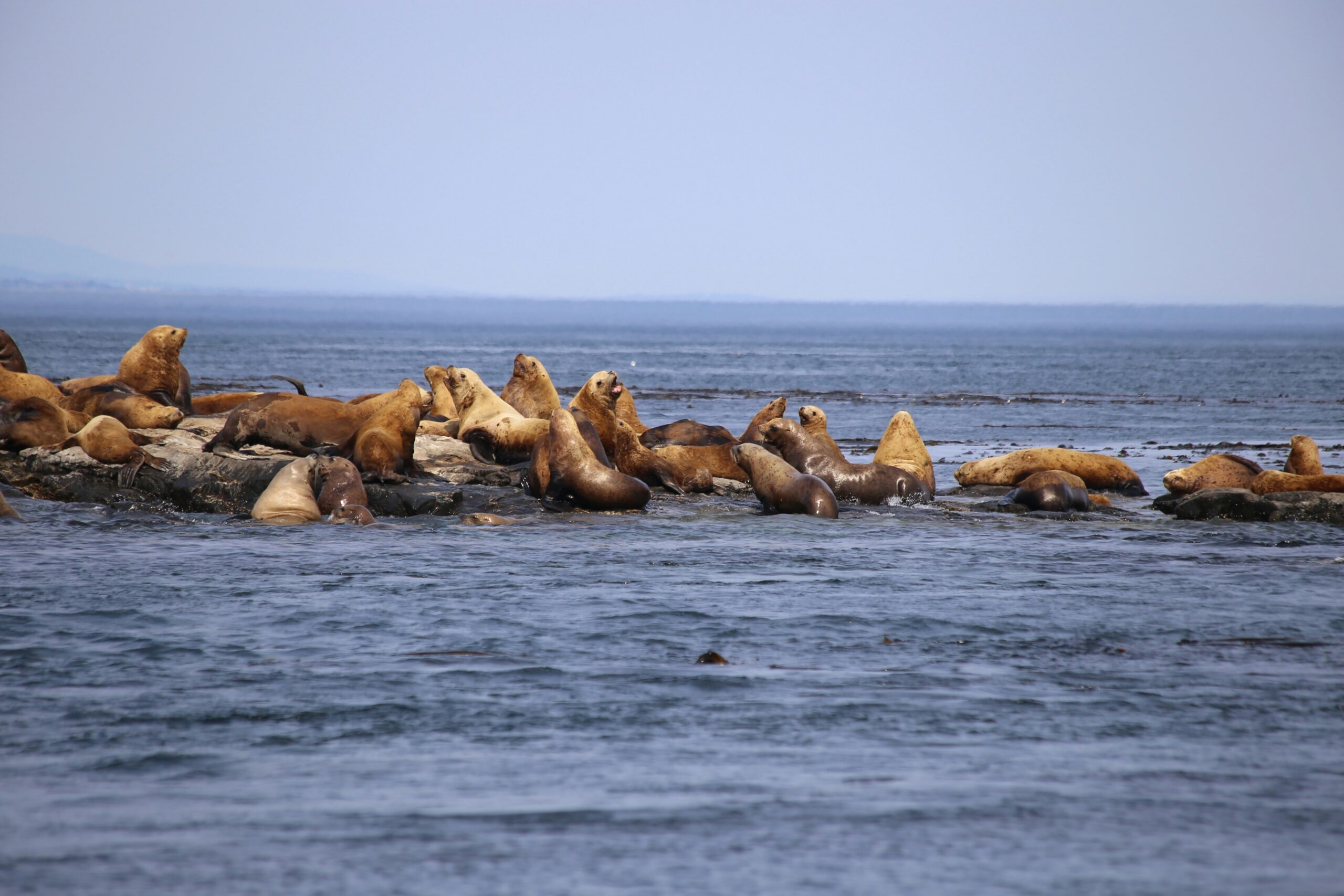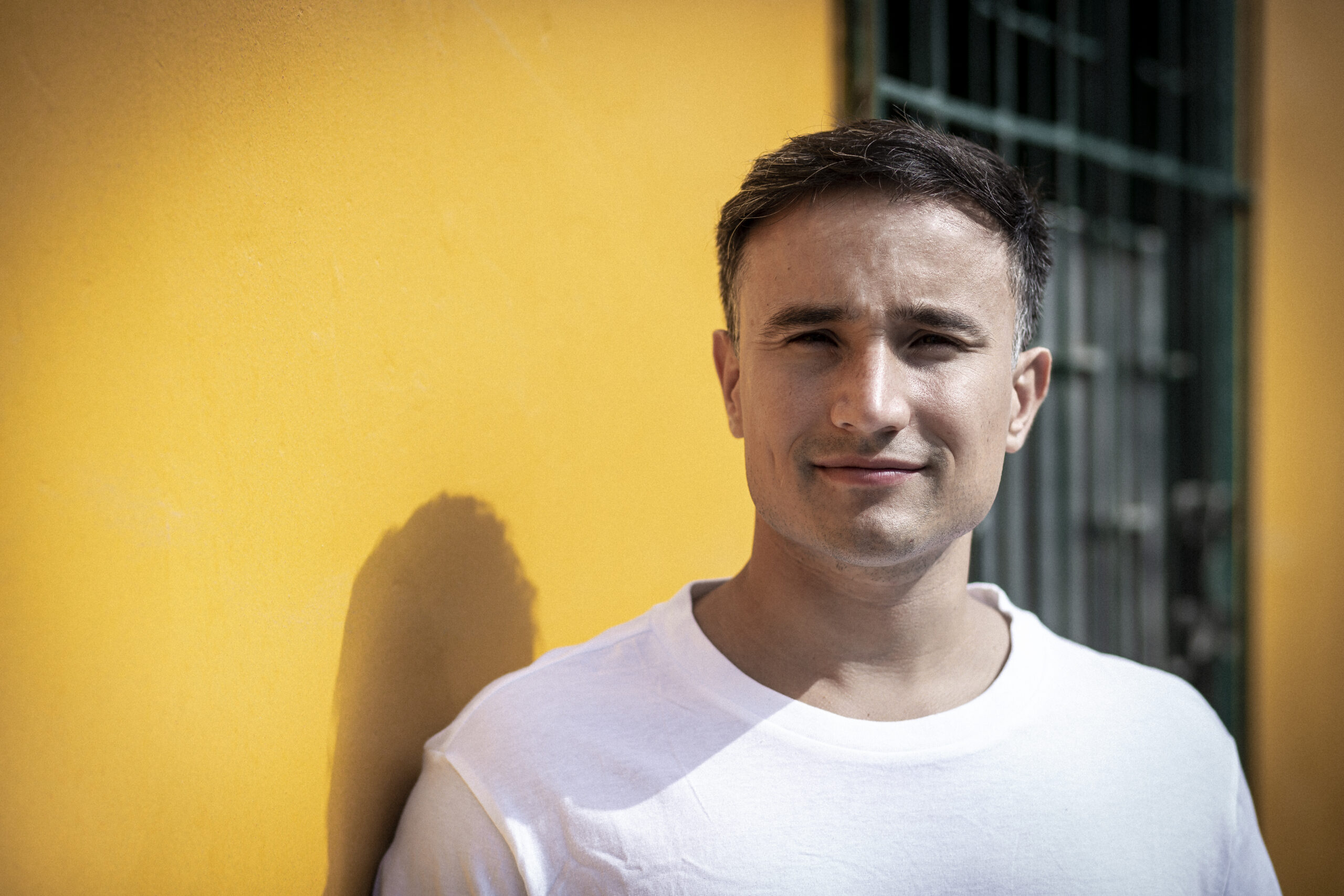
Should population be part of the ocean conservation conversation?
Today is World Oceans Day, a youth-led movement looking to protect and celebrate the world’s oceans and improve our climate. In today’s guest post, oceans activist Daniel Caceres Bartra tells us why population should be part of the ocean conservation conversation.
Throughout history, terrestrial ecosystems have experienced a decline in biodiversity as humans spread from Africa to every corner of the earth for thousands of years. Terrestrial ecosystems have lost most of their large animal species, known as megafauna, as our human population grew from the first million ten thousand years ago to over 8 billion today.
I hope that on this World Oceans Day, all environmentalists become visionaries by including the topic of population growth in our discussions.”
However, due to the vast and difficult access to the ocean for humans, the majority of the ocean biodiversity loss has occurred relatively recently, with the increase in marine protein demand for our population and advances in technology that allow us to explore deeper and farther.
An opportunity
This is why the ocean is still a place where a diverse range of large animal species and populations are present in our sight. And this is why we have a great opportunity: an opportunity to prevent the same mistakes we made in the terrestrial ecosystem from happening in our marine ecosystems.

That’s why I decided to study marine biology, because not only is the ocean a beautiful place where wilderness thrives, but it’s also a place where its complexity, resilience, and vastness can help us recuperate and rewild populations by simply taking out as many of the relatively new human impacts, and just letting nature take the steering wheel.
While ocean biodiversity loss issues are relatively new, so are ecological concepts. Ecological concepts such as exotic species, population dynamics, and even extinction are concepts that have less than 300 years in human history.
For most of our history, we have viewed ourselves as a “divine species,” considering ourselves as the owners or administrators of nature. But today, we finally understand that we are just another species, one that lives according to the law of carrying capacity and planetary limits, like every other species. As our population exceeds its carrying capacity, we not only take from each other but also from future generations and other species’ basic living requirements, impacting the natural life that sustains us.
Watch Daniel chat population with Sylvia Earle
The impact of population
When populations increase, their distribution range also increases. This is the case for all mammal species. When we talk about marine mammals like sea lions having fewer places to rest peacefully with their calves, and when new beaches are colonized by humans, encroaching on resting areas of birds, we are talking about the expansion of human presence.

Every day, new untouched beaches in countries like mine are getting colonized. It’s not just humans who arrive; as human presence grows, they often bring other species of fauna, which can disrupt natural habitats. In countries like Chile and Peru, dogs and cats are endangering sea otter populations in coastal ecosystems. As populations grow, distribution ranges expand. And that’s why I say if we want to address the preservation of beaches and marine ecosystems in all our countries, we have to consider the impact of population growth.
I hope that on this World Oceans Day, all environmentalists become visionaries by including the topic of population growth in our discussions. If we are truly concerned about the ocean and the future, we have to take population growth into account. Our planet and all its ecosystems have a carrying capacity. Every individual, whether a small consumer or a large consumer, draws from nature either to meet basic daily nutritional requirements or luxuries. Our population growth matters. Populations matter.
_________________________________________________
Daniel Cáceres Bartra is a marine conservationist and environmental advocate from Peru. He represents the Sustainable Ocean Alliance in Latin America and co-founded the Taking Care of the Ocean collective. His work focuses on marine biodiversity, ocean health, and sustainable practices to protect our oceans.

The views expressed in guest blog posts do not necessarily reflect the opinions and position of Population Matters.
